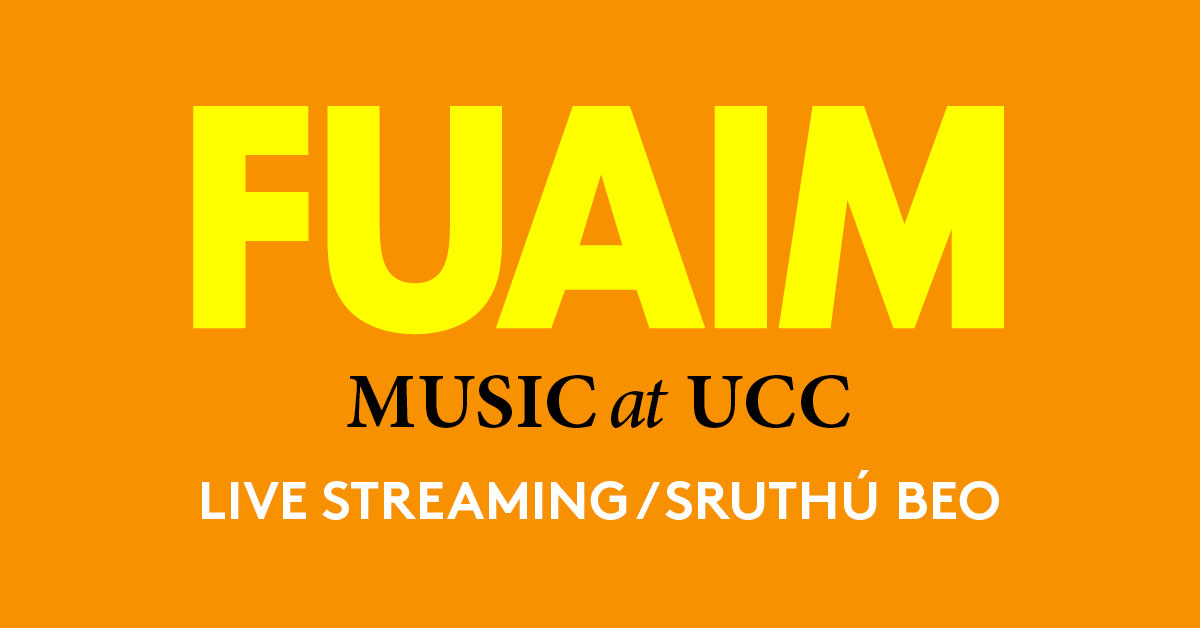
Re-writing Algorithms for Just Recognition: from Digital Aural Redlining to Accent Activism
In the mid-1950s, the Eastman Kodak Company famously standardized their Shirley cards test, which used a photograph of a white woman to calibrate color when printing photos. Jersson Garcia, who worked at a photo lab told the NPR: “‘She was the standard,’ ‘so whenever we printed anything, we had to pull Shirley in. If Shirley looked good, everything else was OK. If Shirley didn’t look so hot that day, we had to tweak something — something was wrong.’”[i] Around the Christmas shopping season of 2009, we saw the same premise illustrated by YouTube videos featuring Hewlett Packard webcams that “can’t see black people.” In this chapter, I argue that, in the same way as Kodak film and HP cameras were calibrated for white skin color, voice- and listening technologies also carry and reproduce the same social bias, discrimination, and racism. Akin to discriminatory real estate and lending-practice redlining, I dub these practices digital aural redlining. I also identify oppositional uses of these technologies that could counter essentializing practices as aural redline jamming. Considering the vocal synthesis software Vocaloid, voice to text technology, and the Voice Bank Monopoly game, I show how vocal and listening technology listens for, against, and in non-recognition of certain accents, vocal performances standing in for non-whiteness. I conclude by calling for each (accented) accent to be justly recognized, affording each voice its multiplicity and humanity.
If you would like to attend this event, please Email; music@ucc.ie for MS teams link to attend.
Speaker
-
 Nina Sun EidsheimProfessor of Musicology
Nina Sun EidsheimProfessor of MusicologyNina Sun Eidsheim is a Professor of Musicology, in the Department of Musicology, UCLA Herb Alpert School of Music. As a scholar and singer she investigates the multi-sensory and performative aspects of the production, perception and reception of vocal timbre of twentieth and twenty-first century music. Current monograph projects include Sensing Sound: Singing and Listening as Vibrational Practice (Duke University Press, 2015) and Measuring Race: the Micropolitics of Listening to Vocal Timbre and Vocality in African-American Popular Music (forthcoming, Duke UP). She is also co-editing the Oxford Handbook of Voice Studies (Oxford UP) and a special issue on voice and materiality for the journal, Postmodern Culture. In addition, she is the principal investigator for the UC-wide, transdisciplinary research project entitled Keys to Voice Studies: Terminology, Methodology, and Questions Across Disciplines and recipient of the Woodrow Wilson National Career Enhancement Fellowship (2011-12) Cornell University Society of the Humanities Fellowship (2011-12), the UC President’s Faculty Research Fellowship in the Humanities (2015-16), and the ACLS Charles A. Ryskamp Fellowship (2015-18).


